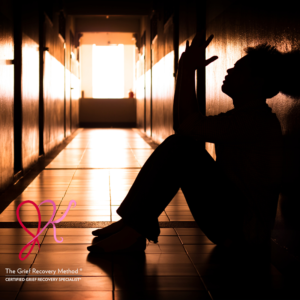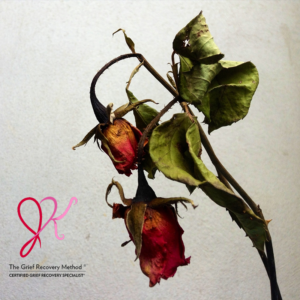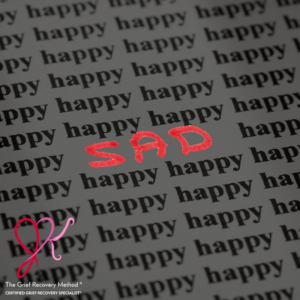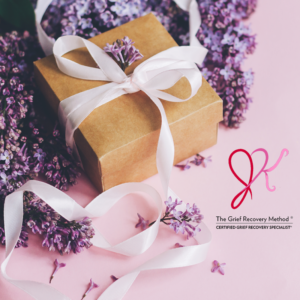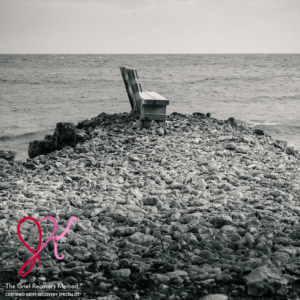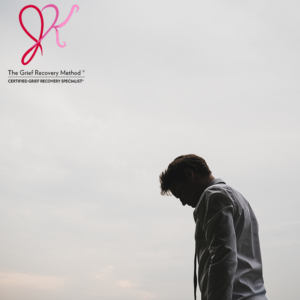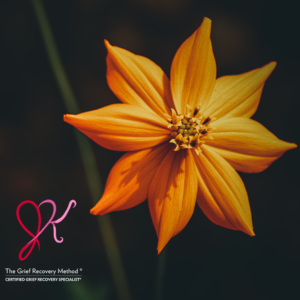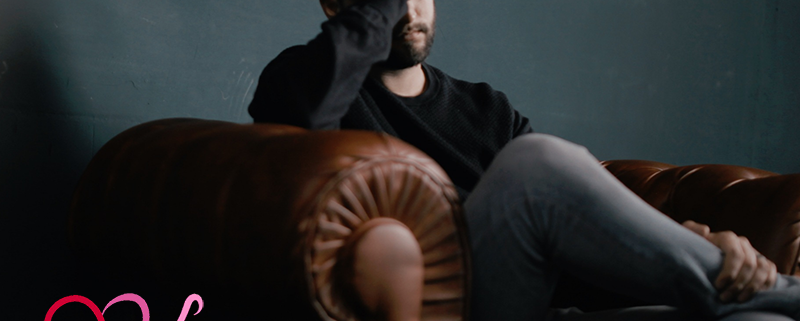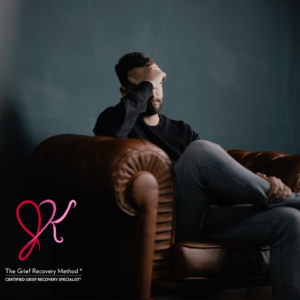Why is it so hard to let go?
Many clients ask me how to let go of painful emotions resulting from loss events in their lives. My clients seek help for a variety of reasons, whether it’s a death of a loved one, a failed relationship, a job loss, or a serious loss of health, or any other major change in their lives resulting in emotional grief. When things end, why do we find it so hard to let go? The reality is that we’re not necessarily clinging on to the actual person, place or thing, but to something else – the past, the future, or what we wished could have been different, better, or more. These hold the keys to discovering what is needing attention.
Hanging on to the past.
Letting go can be hard because of all the memories we have. We refuse to accept that what once was is no more. We want to resurrect the past, to savor once again what we had.
Our fear is that if we let go, all that meant so much will be no more. The memories that used to bring us so much happiness would now only bring misery. Each memory brings with it the reminder of the ending. We want to hold on to the things that keep this past alive for us.
Holding onto a future that will never be.
We also cling on to the hope we have for the future – our vision of the future as it would be if things were different. We think that our happiness lies with having the thing that has ended. Or perhaps it’s financial, physical or emotional security we seek, and don’t know where else to find it.
Letting go is scary because we are cutting our lifeline to that future we want so much. Once we let go all the dreams disappear as well. The only way we know to keep our dreams alive is to hold on to what would be. We allow that loss to be the only keeper of our dreams.
So, how do we let go? Realize that it is not really the loss you cannot let go of, but something else. What is it that you are clinging on to – your past, your future, the things you wish could have been different, better, or more, or perhaps all the above? It is important to be honest with yourself, even if you don’t want to admit the truth to anyone else.
In theory, we know that the past is the past, but in reality we project the past onto our future. We want things to remain the way they were, or at least to replay themselves in more or less similar variations.
One way of letting go is to take care of the unfinished business from an emotional standpoint involving those things we wish might be, or have been, different, better or more in any relationship or past event. It might be about unmet hopes and dreams that never came to be.
Whatever the reason, that sense of being emotionally incomplete can leave us feeling wanting and holding onto the pain. In a very real sense, it leaves us feeling a sense of grief!
How can you take action to deal with emotional pain?
The Grief Recovery Method is all about taking action to deal with the unfinished business in emotional relationships or to the events that happened to cause you emotional pain. Working together I will help you to discover exactly what it is that is unfinished for you so that you can take the necessary steps to become “emotionally complete.” It is designed to help you safely sort through all of those feelings of emotional pain that you have stuffed inside and deal with them in a positive way, so that they no longer negatively impact your life.
